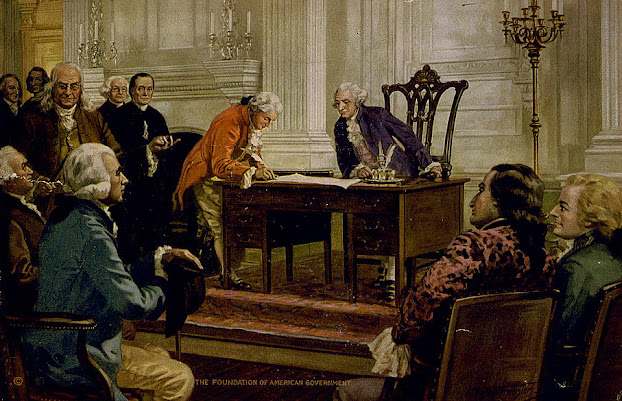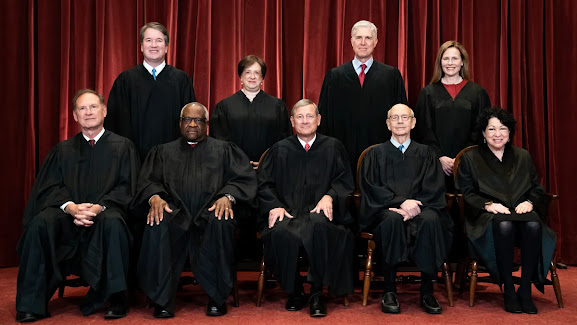Week 13: Amendments 15 - 27

We made it the end of the Constitution! Did you think you'd ever be able to read through that whole thing and understand it? I was really very impressed at how well you all did in class paraphrasing your assigned amendments: you guys showed that your understanding of Constitutional language has grown so much this semester! I'm so proud of you all (yes, I'm wiping away a tear)! Knowing that you all are the next generation of leaders makes me very hopeful for the future of our country. ASSIGNMENTS: WRITING: Should the government have the power to legislate morality? To help you get some ideas for this one, consider the 18th Amendment, look up news stories about the Supreme Court decision to overturn Roe v. Wade draft leak, and don't forget to discuss the topic with your family! Also, think about how legislating morality might involve the first amendment. READING: Finish The Tuttle Twins Learn about the Law, and The Proper Role of Government. Be prepared to discuss


